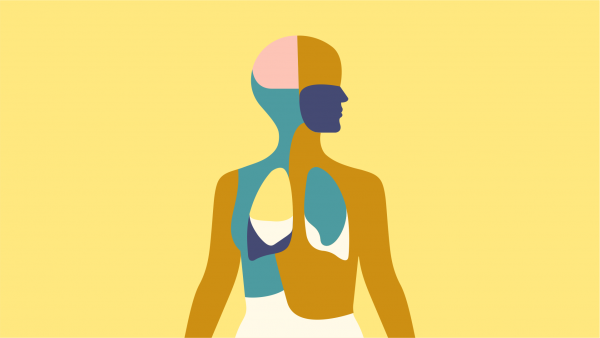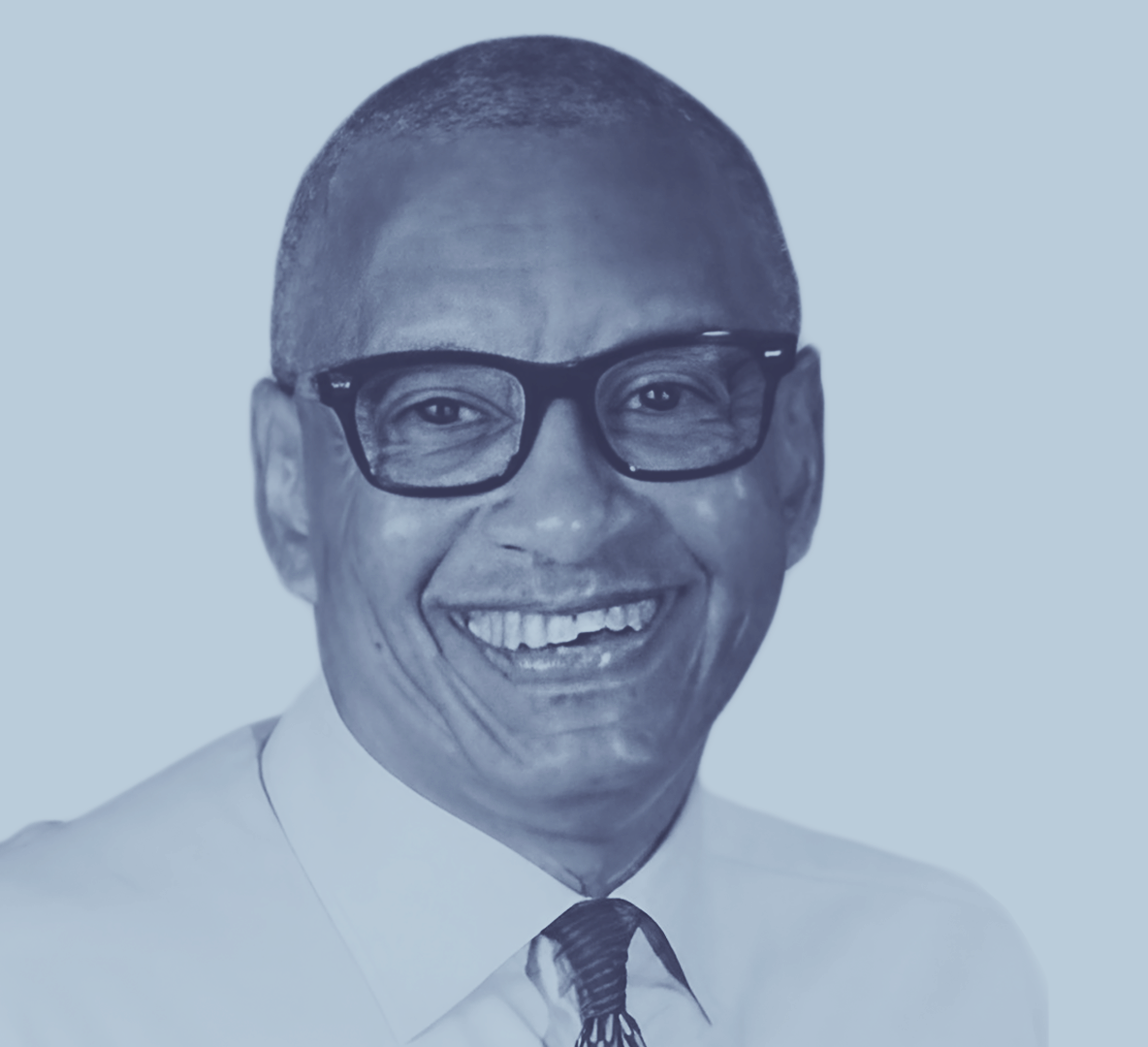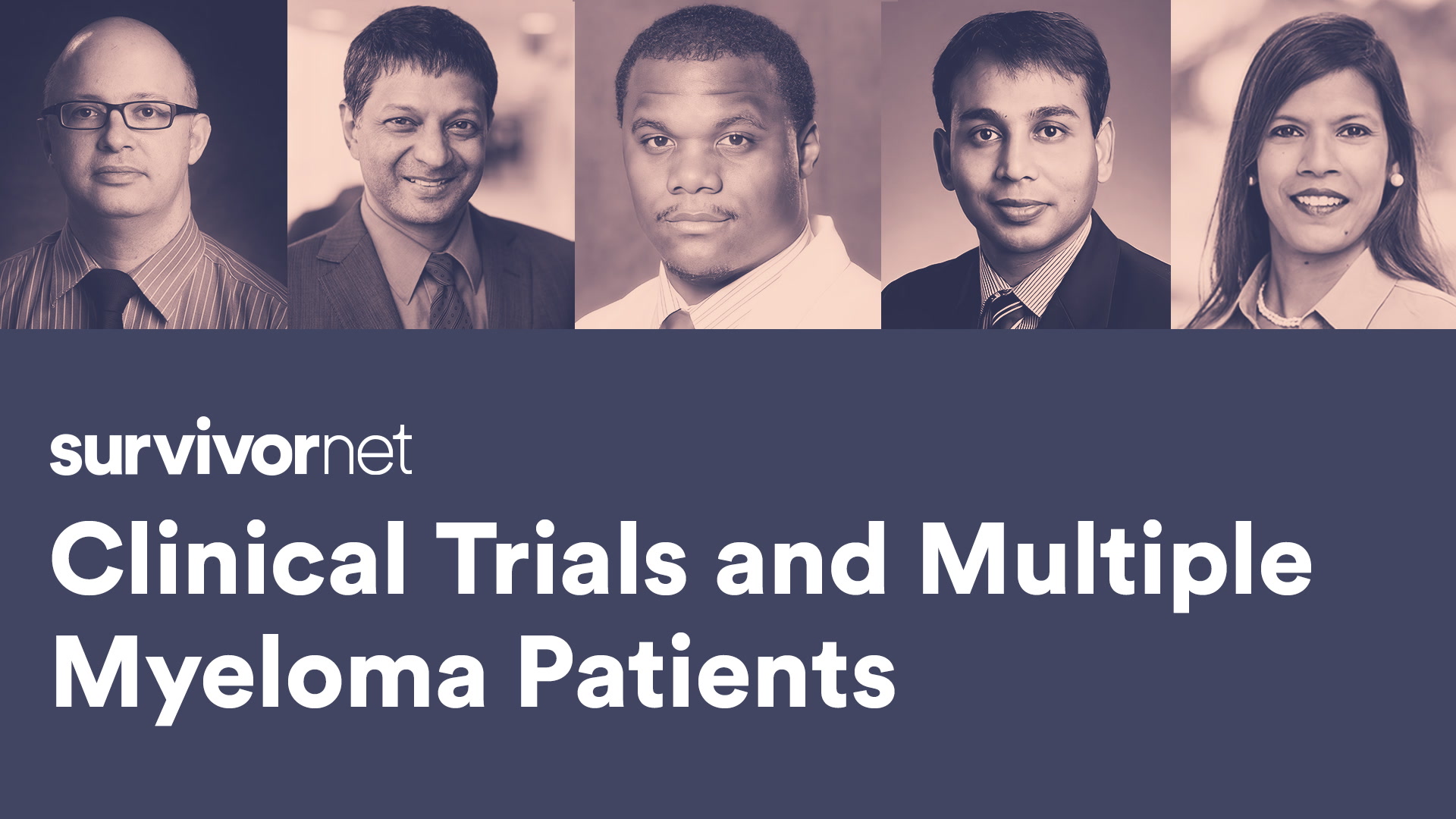Caregivers play an essential role in a cancer patient’s journey toward healing. However, these unsung heroes don’t always get recognition and the resources they need to be more effective in their roles. In communities of color, someone may take on a caregiver role for a sick loved one without being fully aware of the responsibility that entails — and may be unaware that there are resources available to make their lives easier.
During SurvivorNet’s annual “Close the Gap” conference for 2024, the barriers that caregivers face were part of the conversation. InnoPsych founder and licensed psychologist Dr. Charmain Jackman led a discussion about meeting the needs of Black caregivers.
“The biggest barrier is the lack of education within Black and brown communities, and it’s so vital, especially when it comes to being a caregiver,” licensed social worker Nece Pinkney at RUSH University Medical Center explained.
“At RUSH University, we offer psychotherapy sessions with our caregivers because it helps us know where to meet them on that emotional stance. We want to come in and listen to them. Many are not even asked, what matters to you as a caregiver, or what matters to you as a person, or what matters to the person you’re taking care of?” Pinkney said.
Pinkney adds that Black male caregivers are often forgotten when discussing the broader topic of caregiving. According to a 2020 report by AARP, “In the U.S., 39% of caregivers are now men, and of this group, 34% identify as African American.”
Long-distance caregivers also tend to be left out of mainstream conversations about caregivers. Pinkney said that while her mom is a primary caregiver, she supports her mother by acting as a long-distance caregiver. She helps with appointment arrangements, speaks with doctors and nurses, and sorts through medical terminology.
Calling out disparities
Dr. Manali Patel, an Associate Professor of Medicine (Oncology) at Stanford, said part of the progress made in addressing racial disparities in care is calling it out.
“What gives me hope is people are actually starting to use the words, ‘systemic racism,’” Dr. Patel said during the “Close the Gap” conference.
She added that as more focus is drawn to disparities in care, the spotlight will shift to the countless organizations at the grassroots level offering educational, transportation, financial, and communal resources to make cancer journeys more equitable and easier to bear — for patients and their caregivers.






